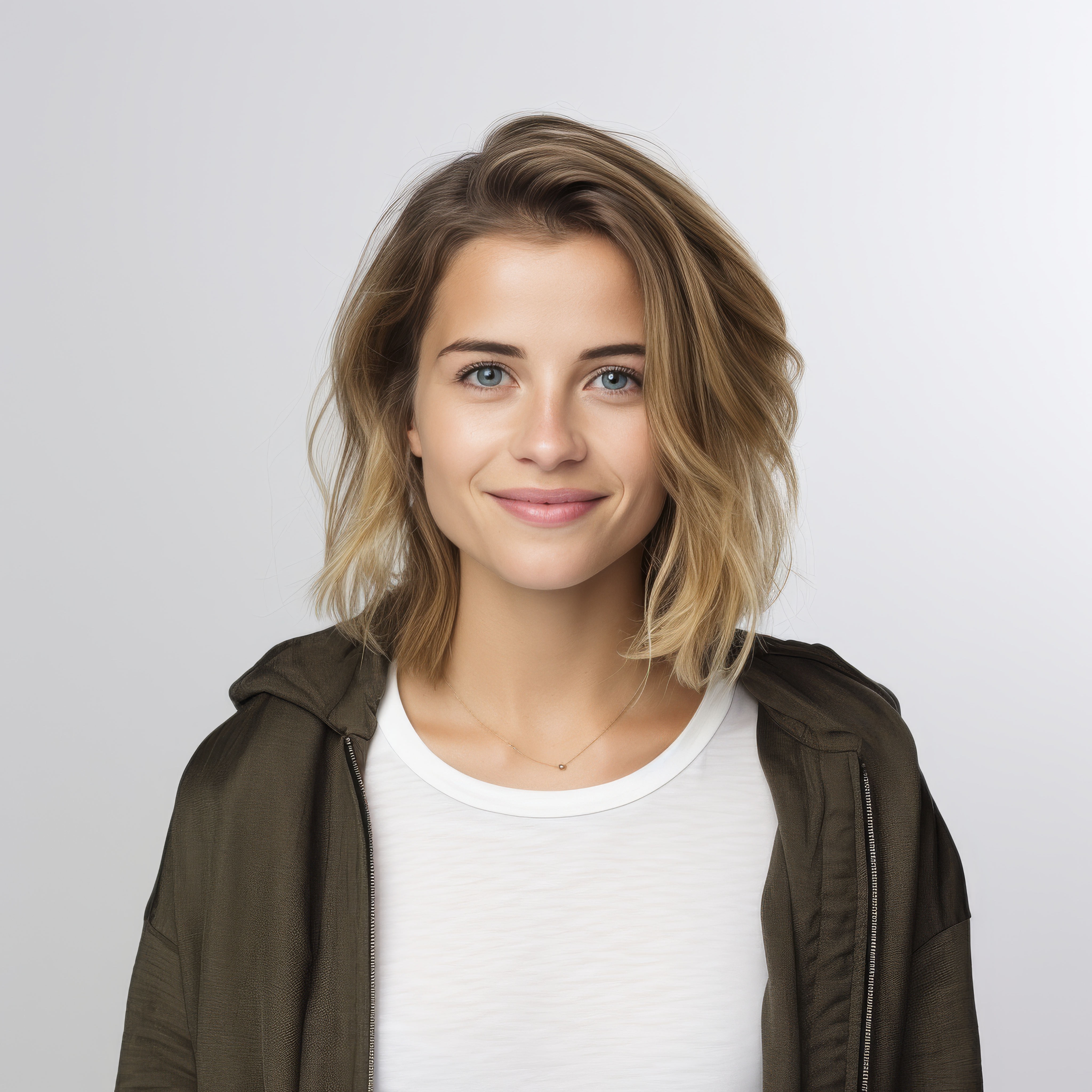Introduction
If you're running a business in Canada, you’ve likely considered offering group insurance benefits to your employees. It’s one of the most attractive perks in today’s competitive job market—but beyond employee retention and satisfaction, many employers are asking:
Are group insurance premiums tax deductible?
The answer is yes—but only under certain conditions. Understanding how group benefits are taxed in Canada is key to structuring a plan that’s both cost-efficient and compliant with CRA guidelines.
This guide explores the tax treatment of group insurance plans, what’s considered a taxable vs. non-taxable benefit, and how to design a tax-smart group benefits strategy for your business.
Why Understanding Group Insurance Taxation Matters
1. Reduces Employer Payroll Costs
When group insurance premiums are treated as non-taxable employee benefits, the employer can deduct them as a business expense, reducing taxable income.
2. Helps Employees Maximize Net Pay
Employees prefer non-taxable benefits over salary increases because they don’t lose a portion to income tax deductions.
3. Ensures Compliance with CRA Guidelines
Incorrectly classifying benefits can result in audits, penalties, or back taxes. Employers must structure their benefits plan with clear understanding of federal and provincial tax rules.
Which Group Insurance Premiums Are Tax Deductible in Canada?
As an employer, you can generally deduct premiums paid for the following:
✅ Deductible & Non-Taxable Benefits
- Extended health care insurance
- Dental insurance
- Vision care insurance
- Group life insurance (for employees)
- Accidental death & dismemberment (AD&D)
- Short-term and long-term disability insurance (if premiums are employer-paid but benefits are taxable when used)
These premiums are considered a business expense and can be deducted when filing taxes.
❌ Taxable or Non-Deductible Benefits
- Wellness Spending Accounts (WSAs) – These are taxable benefits for employees, and while deductible for the employer, they must be reported as a taxable benefit on T4 slips.
- Critical illness insurance (in certain cases, particularly when benefits are paid tax-free)
- Executive bonus plans or health top-ups beyond CRA limits
Employers must ensure that any taxable benefits are correctly tracked and reported to avoid compliance issues.
How Group Insurance Appears on Employee Pay Slips and T4s
- Non-taxable benefits (e.g., health and dental) are not included in taxable income.
- Taxable benefits (e.g., WSAs, some life insurance plans) must be reported in Box 14 and Box 40 on T4 slips.
- Employer-paid disability premiums are non-taxable, but if an employee later receives benefits, those benefits are taxable income.
Employers must keep detailed records and ensure proper benefit classifications in payroll software.
Health Spending Accounts (HSAs) and Taxes
For Employers:
- Contributions to HSAs are 100% tax-deductible as a business expense.
For Employees:
- Reimbursements from an HSA are non-taxable (as long as the expenses meet CRA’s list of eligible medical expenses).
HSAs are one of the most tax-efficient ways to provide health benefits to employees—especially in small and mid-sized companies.
Wellness Spending Accounts (WSAs) and Taxes
WSAs cover non-medical wellness expenses such as:
- Gym memberships
- Therapy or coaching
- Ergonomic equipment
- Personal development courses
While taxable to the employee, WSAs are still deductible for the employer. These accounts add flexibility but must be tracked and reported correctly.
Best Practices to Stay Compliant and Maximize Tax Benefits
1. Work with a CRA-Compliant Benefits Platform
Use software that automatically categorizes taxable vs. non-taxable benefits, making year-end tax filings smoother.
2. Clearly Communicate with Employees
Employees should understand:
- Which benefits are taxable
- How those appear on their T4
- What can and can’t be claimed under HSAs or WSAs
3. Keep Documentation Ready
Maintain records of:
- Premiums paid by the employer
- Reimbursement receipts (for HSAs/WSAs)
- CRA eligibility documents for audit purposes
4. Review Annually With an Advisor or Platform
Tax laws and CRA rules evolve. Ensure you’re up to date each year and adjust your group insurance structure accordingly.
Keywords
- Are group insurance premiums tax deductible in Canada
- Employer tax benefits for health insurance Canada
- HSA tax rules for Canadian businesses
- WSA taxable benefits CRA
- Group insurance tax deductions for small businesses
- CRA rules for employee benefits
- Employee benefits and taxes in Canada
- Best tax-efficient benefits plan for Canadian employers
- Health and dental insurance tax treatment Canada
- GoKlaim benefits software for tax compliance
By understanding the tax implications of group insurance, employers can build smarter, more cost-effective benefits plans. Platforms like GoKlaim help ensure that every dollar you invest in your team not only provides value—but also fits within Canada’s evolving tax landscape.










 CompanyContact us
CompanyContact us






























